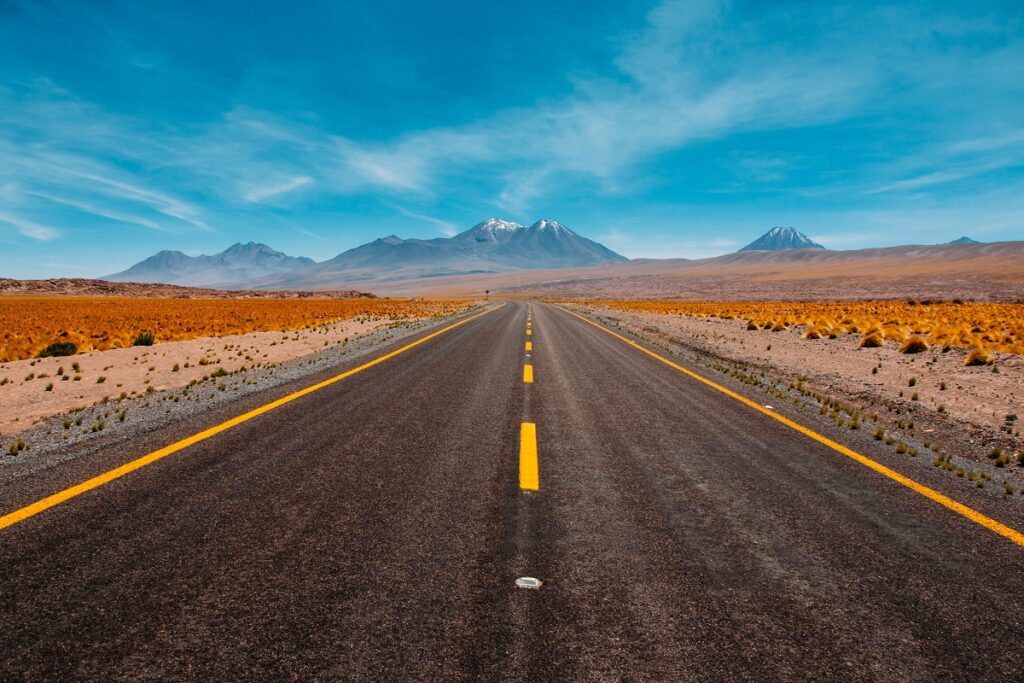Coronavirus, also known as COVID-19, has quickly become a national health crisis. With cases found in all 50 states across the U.S., there’s really nowhere you can go to escape it. So, what do you do if you need to travel to another state during the pandemic? If you have a handicap permit, travel could become even more complicated during this period of time. Here’s everything you need to know about crossing state boundaries with a disabled parking permit during COVID-19.
What are the interstate travel restrictions during COVID-19?
Currently, there are some coronavirus driving restrictions throughout the country. If you’re wondering “Can I cross state boundaries during COVID-19?”, the answer isn’t a simple yes or no. In fact, your ability to cross state lines depends heavily on which state you’re talking about.
Because of stay-at-home orders, several states have set restrictions on people coming in and out of the region. At this time, governors in Rhode Island, Florida, and Texas have set up some restrictions that include COVID-19 checkpoints targeting out-of-state residents. These typically consist of authorities stopping drivers to remind them of current lockdown conditions and to suggest they don’t enter a different state (especially if they’ve been experiencing any virus-related symptoms or have had the virus in the last 14 days). Even some specific cities or municipalities have added restrictions. For example, in Newark, New Jersey, drivers are not permitted to cross town lines unless their travel is deemed essential.
Although the constitution states every U.S. citizen has a right to travel (or cross state borders), states also have the right to exercise police control to protect themselves from disease. This means that the restrictions or types of checkpoints can vary greatly around the country, since states or cities are setting up their own specific regulations to protect their citizens.

Are there specific travel restrictions for disabled drivers?
You’ll still be discouraged from traveling across state lines if you’re a disabled driver. There aren’t any designated rules that apply solely to handicap parking permit holders; rather, all regulations for drivers apply to disabled drivers. Therefore, you’ll have to submit to the same checkpoints, and might also have trouble crossing state lines in areas that are on lockdown or are heavily locked down.
How can you prepare to travel across state lines?
First off, it’s important to keep in mind that you should be avoiding travel at this time if at all possible. The virus is highly contagious and most areas of the U.S. are experiencing community spread of the disease. That’s why travel can increase both your chance of spreading the virus and of contracting it yourself. Travel can be even more dangerous if you’re already sick or are traveling with someone who is sick. Bottom line: if your trip is not absolutely essential, you’re much better off staying at home.
However, if traveling across state lines is a necessity, you should check the state or local department in three specific areas:
- Your current location (or where you’re leaving from)
- Your entire route
- Your planned destination
The Centers for Disease Control (CDC) provides a breakdown by state on their website. It’s critical to keep in mind that restrictions are changing daily because of the fast-moving nature of the virus and because of the actions taken at every level of government to avoid further spread. So your best bet is to constantly check restrictions where you’ll be traveling so that you’ll be as up-to-date as possible on what’s happening.
What should you bring with you?
If crossing state boundaries with a disabled parking permit during COVID-19 is a necessity for you, there are some things you should bring with you:
- Food and water for the journey, since you never know which restaurants or stores will be closed along the way.
- Prescriptions or over-the-counter medicines you might need during your trip (including extra dosages in case you get stuck somewhere).
- Plenty of alcohol-based hand sanitizers for everyone in the car, as well as face masks and gloves.
- Disinfecting wipes or cleaners so you can get rid of any germs in the car, gas stations, hotel, etc.
- Extra clothing/shoes/toiletries in case your stay needs to be extended for any reason.

Other things to keep in mind: make sure to book your accommodations well in advance so that you know you’ll have someplace to stay once you arrive at your destination; check for rest stops that will be open along your route; and be prepared to be flexible. Businesses (including restaurants and gas stations) might be closed during your journey, so you have to try to go with the flow and not set your plans in stone. And always disinfect anything you’re touching, and use hand sanitizer immediately after!
Traveling during the pandemic can be really risky, especially if you have a pre-existing condition. With this in mind, you might still need to cross state lines for essential travel. So, make sure to do plenty of preparation ahead of time, pack lots of safety equipment, and be as cautious as possible (that means washing your hands often!). You can still use your disabled parking permit in other states, but don’t forget to display it every time you park your vehicle. And always make sure your permit is up-to-date (head to DisabledParking.com if you need help). Stay safe out there!
Featured image by Diego Jimenez on Unsplash
